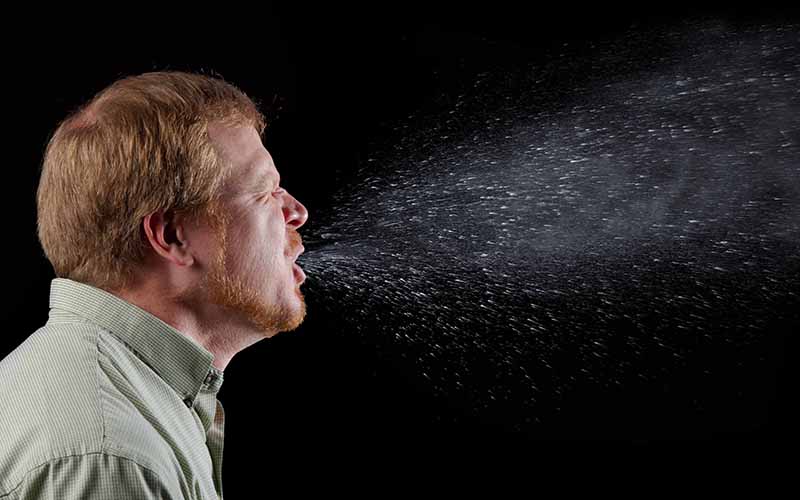
By Mike Hori, MD, Medical Director for Valley’s Infectious Disease Clinic
Winter respiratory viral infection season is just around the corner. Many types of viruses can cause a respiratory infection over the winter months ranging from an annoying cold to severe pneumonia that may be life-threatening. This winter is different from past winters in that we have vaccinations against the worst of these infections including COVID, influenza and respiratory syncytial virus (RSV). These vaccinations may reduce your risk of getting an infection, but more importantly, they will reduce your risk of getting a severe, even deadly, infection. So who should get them and where?
Influenza vaccine is now available and the Center for Disease Control (CDC) recommends getting the vaccination now. This vaccination is very widely available at most pharmacies or in your provider’s office, and is recommended for anyone 6 months of age or older. It has been determined that this vaccine is safe even if you have an egg allergy.
A new COVID vaccination is just becoming available now as well. The CDC is again recommending it for anyone 6 months of age or older. For most people, you are eligible for it immediately, but some people may benefit from waiting a bit. If you have had a recent vaccination you may wish to wait 2 months, or if you have had a recent COVID infection, you may wish to wait 3 months. In either case, you can get it earlier if you want without undue side effects. Unfortunately it will not be available at Valley clinics, but major pharmacies should have it shortly, if not now. The government is not covering the vaccine like it has previously, but your insurance should, including vaccines for children if the provider participates in the Vaccines for Children program. If you do not have insurance, the CDC Bridge Access program may be useful. Check vaccines.gov for local availability.
Take Care to Help Prevent the Spread of Germs!
While the photo chosen to accompany this article is eye catching, it definitely does not show proper sneezing and coughing manners! To help stop the spread of germs, please remember to:
- Cover your mouth and nose with a tissue when you cough or sneeze.
- If you don’t have a tissue, cough or sneeze in to your elbow, not your hands.
- Throw used tissues in the trash.
- Wash your hands with soap and water for at least 20 seconds immediately after blowing your nose, coughing, or sneezing.
- If soap and water are not readily available, use an alcohol-based hand sanitizer that contains at least 60% alcohol to clean hands.
- If you are ill, stay home from work or school when possible.
See the CDC website for more tips on how to help prevent the spread of respiratory disease.
RSV vaccinations are new this year and recommended for adults:
- 60 years of age or greater
- if they have an immunity damaging disease
- are taking drugs that harm immunity
- or have chronic organ problems such as heart, lung, kidney, nerve or gland disease such as diabetes.
There are 2 vaccines Arexvy and Abrysvo, and both work well. They probably will not be in healthcare providers’ offices, but can be covered under Medicare Part D at pharmacies. Other insurances, unfortunately, have up to one year to decide how they will cover this vaccination and since it is about $250 per shot, you may wish to check with your pharmacy before getting it. The side effect profile is similar to other vaccinations, for example, you may have a sore arm for a few days. Only one shot is currently recommended.
Finally, a new vaccine against pneumonia is out now, Prevnar 20. Previously, two vaccines were needed for pneumonia during a lifetime but now, you only need one. It is available at most providers’ offices if you have not already been vaccinated, and is recommended for all adults 65 years of age and older or adults 19 years of age or older if you have health problems as noted above.
Winter virus infections are at best inconvenient and at worst killers. If you are in one of the categories above, please protect yourself and get vaccinated!

